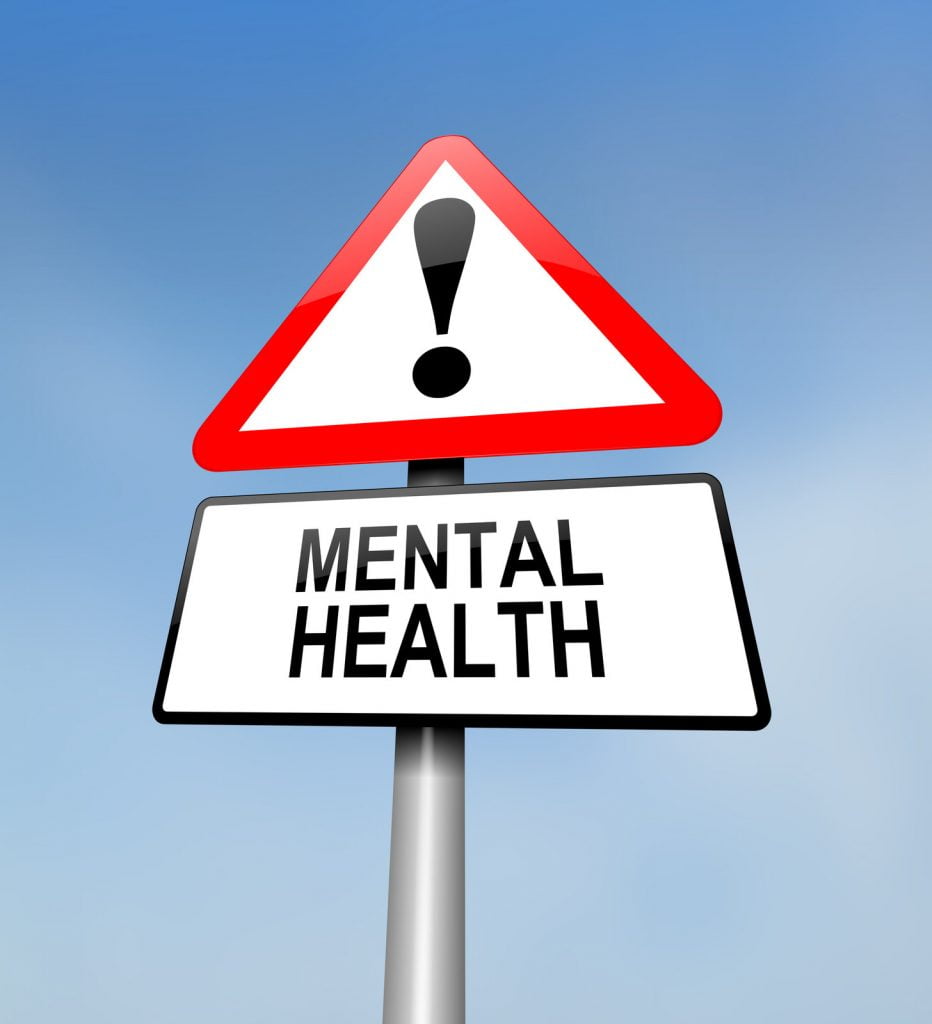By Kendra Cherry Published on April 27, 2021
:max_bytes(150000):strip_icc()/KendraNew-594aa2843df78c537bb48a90.jpg)
While many people feel excitement and relief about getting vaccinated and returning to “normal life,” not everyone feels the same elation about reverting back to previous patterns. Depending on your personality type, you might either be eager to jump back into things or you might be dreading the transition.
Post-pandemic life won’t look the same for everybody. Efforts to curb the spread of COVID-19 affected nearly every aspect of day-to-day life for people all over the world. Recovering from the upheaval that these changes created has the potential to be a difficult process as well. Our Mental Health Won’t Just Go Back to Normal When the Pandemic Is Over
Different Personality Types
Personality traits can play a role in both health behaviors and overall well-being. In particular, people have noted that those who tend to be either extroverts or introverts had different ways of managing during the pandemic.
Initially popularized by the psychiatrist Carl Jung, the spectrum of introversion and extraversion represents one of the key dimensions of personality described by the Big 5 theory of personality.
According to this theory, there are five broad traits that make up basic personality, which are: https://19d33e139e526810d5b367bb23e17fea.safeframe.googlesyndication.com/safeframe/1-0-38/html/container.html
Some people are high in these traits, some low, and others are somewhere in the middle. It is your unique combination of traits, this theory suggests, that makes you who you are.
In order to understand how returning to normal routines might affect people with different personality types, it can be helpful to look at what researchers have found about how personality impacted coping during the pandemic.
Personality and Well-Being
Research has found that personality traits can play a role not only in overall mental health but also in people’s ability to cope with stressful or traumatic events. For example, studies have shown that personality played a role in how people adjusted and coped with the changes brought on by the pandemic.1
In one study, students who were high in the personality traits of agreeableness, conscientiousness, and extroversion (also often spelled extraversion) and low on neuroticism were found to be more likely to have better moods and less stress. They were also more likely to participate in health-promoting activities.2
As the pandemic progressed, however, the researchers found that extroverts experienced greater decreases in their mood while introverts actually experienced slight increases.
Adapting After COVID-19
How might people with different personality types fare as they adjust to post-COVID life? Are there special concerns that people with these personality types should consider?
Extroverts
How might extroverts cope with the transition back after the pandemic? Extroverts tend to thrive in social situations and gain energy from being around and interacting with others.
Social distancing guidelines meant that many extroverts were cut off from other people, which was a real challenge for many.
A study published in the journal American Psychologist found that people who were high in extroversion were also the least likely to comply with shelter-in-place orders during the pandemic.3

